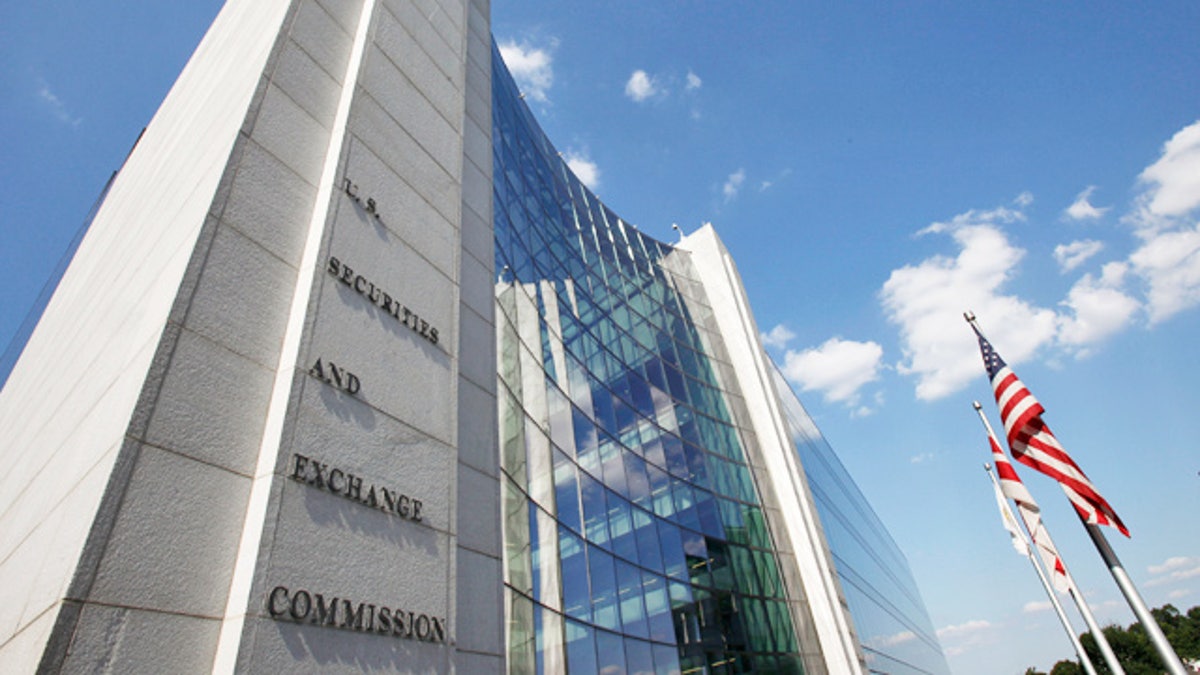
(Reuters)
WASHINGTON – Federal regulators advanced tighter rules Wednesday for agencies that rate the debt of companies and governments, part of a broad effort to better oversee an industry blamed for helping fuel the 2008 financial crisis.
Credit ratings can affect a company's ability to raise or borrow money. They can also influence how much investors pay for securities.
But critics say the agencies have a conflict of interest because they are paid by the same companies they rate. The big three — Moody's, Standard & Poor's and Fitch Ratings — were criticized for giving low-risk ratings to high-risk mortgage securities ahead of the crisis. Those investments later soured when the housing market went bust.
The new rules, which were required under the financial overhaul passed last year by Congress, would force the agencies to provide more details about how they determine each rating. They would also bar the agencies' sales people from participating in the ratings process. And agencies would be required to review and potentially revise their ratings in cases where an employee was later hired by a company he or she rated.
The Securities and Exchange Commission Wednesday advanced the rules for public comment after a 5-0 vote.
The big three credit agencies together account for nearly 95 percent of the ratings market. Seven other smaller rating agencies are officially recognized by the SEC.
Moody's, Standard & Poor's and Fitch said after the meeting that they support the SEC's proposals. The three agencies noted that they have already taken steps voluntarily to tighten their operations.
A Senate panel investigating the financial crisis last month found that the big three rating agencies contributed to the financial crisis by awarding their highest ratings — AAA — to the riskiest subprime mortgages. A congressionally appointed Financial Crisis Inquiry Commission reached a similar conclusion.
A key problem with the process is that companies choose which firms rate them and then pay for those ratings, critics say. It's like having a pitcher choose the umpire, they contend, and it puts pressure on the agencies to award better ratings in order to secure repeat business.
The SEC seeks to address the perceived conflict of interest by limiting the influence of the agencies' sales and marketing people in the ratings process.
The new rules would also require the agencies to file a report each year showing how they monitor ratings, how each rating changed over time, and whether the securities or companies later defaulted. That would give investors a better idea of how accurate the ratings were, SEC officials said.
Critics say a better solution would be to create a government board that randomly assigns agencies to rate companies. Congress debated that idea, but ultimately passed on directing regulators to adopt such rules. Instead, they asked the SEC to study the idea.
The new regulatory law doesn't prevent "an unmanageable conflict of interest," Sean Egan, president of Egan-Jones Ratings Co., a smaller competitor to the big three, said in a telephone interview. "It nibbles around the edges of the conflict but doesn't really address it."
Under existing federal regulations, analysts are already barred from taking part in discussions on fees to be charged for ratings services.
The public has 60 days to comment on the rules. After that, the SEC would likely enact them, possibly with changes. Congress gave the SEC a formal deadline of mid-July, but the regulators have already indicated they won't meet that timeframe.
Earlier this year, the SEC move to eliminate a requirement that money-market funds invest only in securities that have high credit ratings, a move mandated by the financial regulatory law. And the Federal Deposit Insurance Corp. and other bank regulators have taken steps toward eliminating the use of credit ratings in rules for banks.

